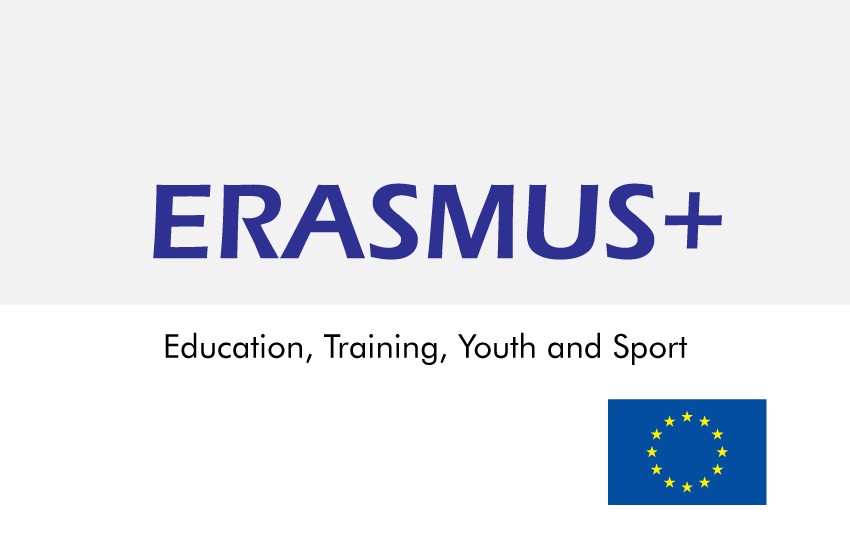Erasmus + has always been the programme focusing on education, training, youth and sports in Europe. The seven-year-long programme has always aimed at promoting actions that focus on enhancing the European spirit in every way.
Erasmus+ has many deadlines during the year and a plethora of calls that are aiming to contribute to achieving the objectives of the Europe 2020 strategy. In particular, the Erasmus+ programme 2020 will greatly contribute to achieving the following:
- The objectives of the Europe 2020 strategy. That includes the headline education target
- The objectives of the strategic framework for European cooperation in the fields of education and training, including all corresponding benchmarks
- Sustainable development of all Partner Countries in the field of higher education
- Assisting in the overall objective of the renewed framework for European cooperation in the field of youth
- Assisting in developing the European dimension in sport and particular grassroots sports
- Assisting in the promotion of European values per Article 2 of the Treaty of the European Union
Erasmus+ actions
One of the major actions of the Erasmus+ Programme is Key Action 2 (KA2) – Cooperation for innovation and the exchange of good practices
IED is your trustworthy partner
IED has long pursued calls that help us change the lives of young people. Our expertise, which is entrepreneurship, is the key to promote ideas, help young people innovate, and make a difference in the labor market. We are always looking for ways to help shape the future for the generations to come.
For this year, IED is focusing all its energy in the KA205 – Strategic Partnerships for youth. Much like the priorities of the call, our priority is also given to:
- engaging, connecting and empowering young people: strengthening cross-sectorial cooperation, allowing for greater synergies across different areas of actions that matter for young people. A special focus will be put on participation –including alternative and innovative forms of participation –and active citizenship of young people, notably those that involve youth at risk of social exclusion.
Priority will be given to projects that:- Enhance the participation of all young people in democratic and civic life in Europe;
- Enable young people to connect with, express their views and be heard by elected policy-makers, public administrations, interest groups, civil society organisations or individuals active in political or social processes affecting their lives;
- Enhance critical thinking and media literacy among young people to strengthen democracy and counter manipulation, propaganda and disinformation;
- Broaden and deepen political, civic and social participation of young people at local, regional, national, European or global level;
- Foster active citizenship and notably volunteering and solidarity among young people;
- Increase social inclusion of all young people, building on European values;
- Promote intercultural dialogue and promote knowledge about and acceptance of diversity and tolerance in society;
- Strengthen young people’s sense of initiative, notably in the social field and to support their communities;
- Reinforce links between policy, research and practice and promote better knowledge about the situation of young people and youth policies.
- contributing to quality and innovation in Youth Work and its recognition
Priority will be given to projects that:- Support capacity-building of youth workers and youth work practices;
- Support youth workers in developing and sharing effective methods in reaching out to marginalised young people, in preventing racism and intolerance among youth, and in addressing the risks, opportunities, and implications of digitalisation;
- Foster the inclusion and employability of young people with fewer opportunities (including NEETs), with particular emphasis in young people at risk of marginalisation and those with a migrant background;
- Open up youth work to cross-sectoral cooperation allowing greater synergies across all areas of actions that address the concerns of young people;
- Ease transition of young people from youth to adulthood, including supporting the integration into the labour market by addressing key competences and other organisational support that youth work can bring;
- Promote recognition and validation of youth work and informal and non-formal learning at European, national, regional and local levels.
- promoting entrepreneurship and creative learning and social entrepreneurship among young people
Priority will be given to projects in the form of transnational youth initiatives that allow groups of young people to put ideas into practice, including through social enterprises, tackling challenges and identified problems in their daily lives.
With our experience in European Projects, expertise in entrepreneurship, and our efforts to help young people thrive we are here to take your consortium to the next level. Contact our offices today and start a collaboration with us.

